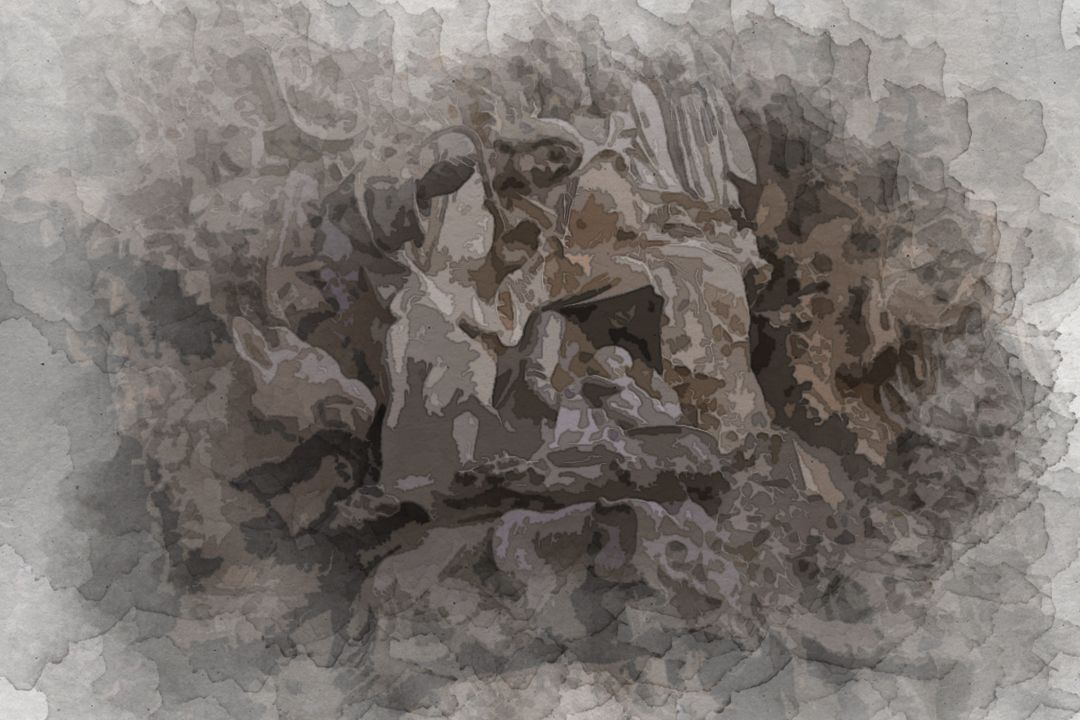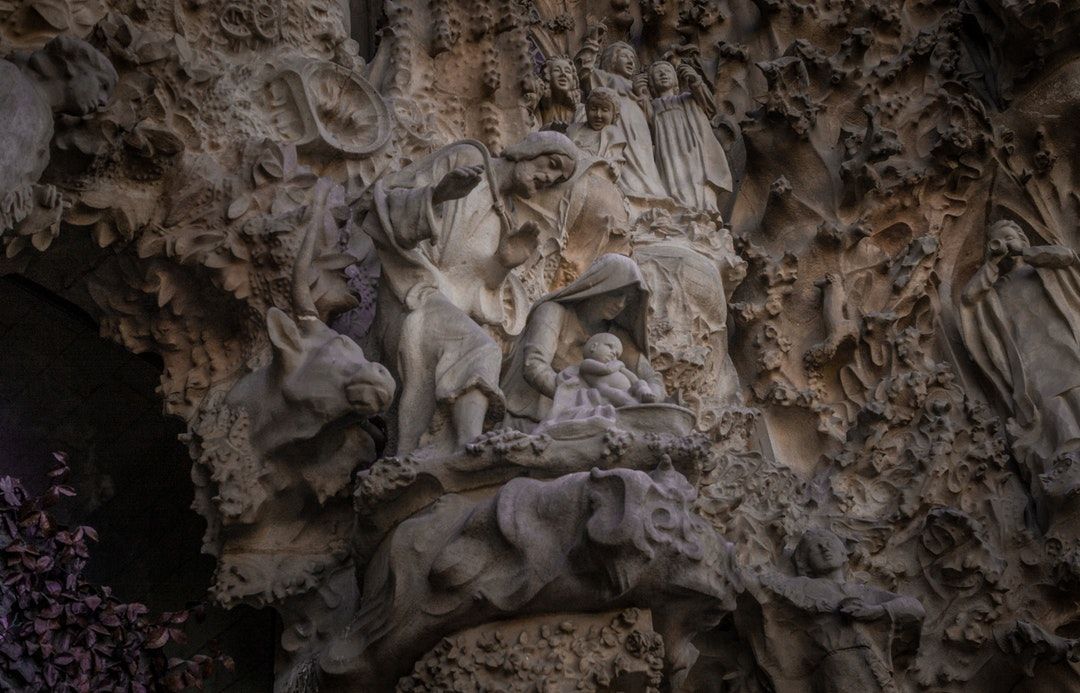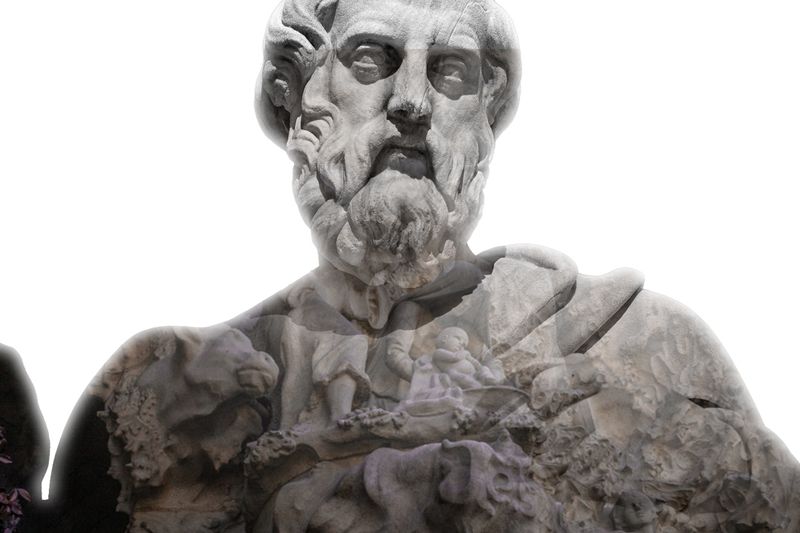Faulty Ivory Towers

Inside Plato's Cave — The Allegory With a Son-Rise Ending
In the heart of a bustling university, where the hum of intellectual discourse never seemed to fade, a professor of philosophy named James lived. He was a man of considerable insight, often seen wandering the cobblestone paths of the campus with a contemplative look, as if he were constantly engaged in a deep conversation with the world itself. James was a man caught between generations, not just in the academic sense but also in the personal. Each morning, as he looked into the mirror, he noticed more and more the reflection not of himself but his father. It was a thought that brought both comfort and a silent, creeping dread. One morning, staring into his reflection, he sighed,
A man knows when he is growing old because he begins to look like his father.
— Gabriel García Márquez (1927-2014)
The words of Gabriel García Márquez echoed through his mind, a truth he could no longer ignore.
His days were filled with lectures and discussions, but one student in particular caught his attention this semester: a young man named Eli. Eli was perhaps too sharp for his own good, as he had a habit of dissecting every theory presented to him, finding fault in the logic and premises of even the most well-established philosophies. One afternoon, after a particularly intense class debate, James approached Eli, his eyes twinkling with a mix of challenge and respect.
"Eli," he began, "your critiques are astute, but remember,
The learner always begins by finding fault, but the scholar sees the positive merit in everything.
— Georg Wilhelm Friedrich Hegel (1770-1831)
Although Hegel's words were spoken so many years ago, they still held a weight that James felt was crucial for his students to understand.
Eli pondered this, his brow furrowed in thought. It was a challenge, a shift from the combative stance he was used to taking. The days turned to weeks, and the change in Eli became apparent. He began to approach his studies with a more balanced view, seeking to find the faults and underlying value in each argument and theory.
James watched this transformation with pride. He saw in Eli not just the growth of a student but the reflection of his own journey. He, too, had been like Eli once, critical and unyielding. But life, with its relentless passage of time, had taught him the importance of balance, of seeing the merit in every perspective, even those he did not agree with.
The semester came to an end, and with it, a sense of accomplishment. Eli approached James on the last day of class with a sincere look of gratitude. "Thank you," he said, "for helping me see the bigger picture, not just in philosophy but in life."
James smiled, clapping Eli on the back. "Just remember, Eli, life is a constant learning process. We all begin by finding fault, but the true journey is recognizing the merit beyond those faults."
As Eli nodded and walked away, James turned once more to the mirror in his office. His father's reflection stared back at him, but he saw it with different eyes this time. There was a comfort in those familiar features, a reminder of where he came from and the wisdom that comes with age. He realized that growing old was about bearing the physical resemblance to those who came before us and embracing the lessons and insights they passed down.
In that moment, James understood that his journey was not just about teaching his students but about learning from them as well, about finding the balance between criticism and appreciation, between the past and the present. And as the sun set over the university, casting long shadows across the cobblestone paths, James felt a profound sense of peace, a scholar who had learned to see the positive merit in everything.
This realization sparked a new ambition in James. He decided to document his reflections and experiences, turning them into a series of lectures and essays that explored the delicate interplay between learning and teaching, between the passage of time and the persistence of ideas. He shared stories of his father, a man of humble beginnings who taught him the value of hard work and the importance of questioning the world around him.
James's new project resonated deeply with his students and colleagues. It became a bridge between generations, a testament to the enduring nature of wisdom and the transformative power of education. His essays touched on themes of change, growth, and the timeless quest for understanding, inspiring those who read them to look beyond the surface and appreciate the depth of life's lessons.
As the academic year drew to a close, James found himself standing before a packed auditorium, delivering the final lecture of his series. The room was silent, hanging on every word as he wove together personal anecdotes with philosophical insights, illuminating the complex beauty of the human experience.
He concluded with a message of hope and encouragement, urging his audience to embrace life's journey with curiosity and openness, learn from every moment, and always seek the positive merit in everything. As the audience erupted into applause, James felt a wave of fulfillment wash over him. He had not only imparted knowledge but had also sparked a dialogue across time, connecting the past, present, and future in a shared pursuit of understanding.
And as he stepped off the podium, greeted by the smiles and congratulations of his peers, James knew that he had fulfilled a purpose greater than himself. He had become a bridge between the wisdom of the old and the curiosity of the new, a true scholar who had learned to see the beauty in life's endless cycle of learning and growing. In this moment of quiet triumph, James realized that the true essence of scholarship was not just in the accumulation of knowledge, but in the sharing of wisdom, in the nurturing of minds ready to explore the vast expanse of the unknown. He had become a beacon of light for those wandering the intricate maze of life, guiding them toward enlightenment and understanding, and in doing so, he had found his own path illuminated as well.

Figures of Speech Collection Personified
Our editorial instructions for your contest submission are simple: incorporate the quotes and imagery from the above article into your submission.
What emerges is entirely up to you!
Winners receive $500 per winning entry multiplied by the article's featured quotes. Our largest prize is $8,000 for rewriting the following article;

At Planksip, we believe in changing the way people engage—at least, that's the Idea (ἰδέα). By becoming a member of our thought-provoking community, you'll have the chance to win incredible prizes and access our extensive network of media outlets, which will amplify your voice as a thought leader. Your membership truly matters!


